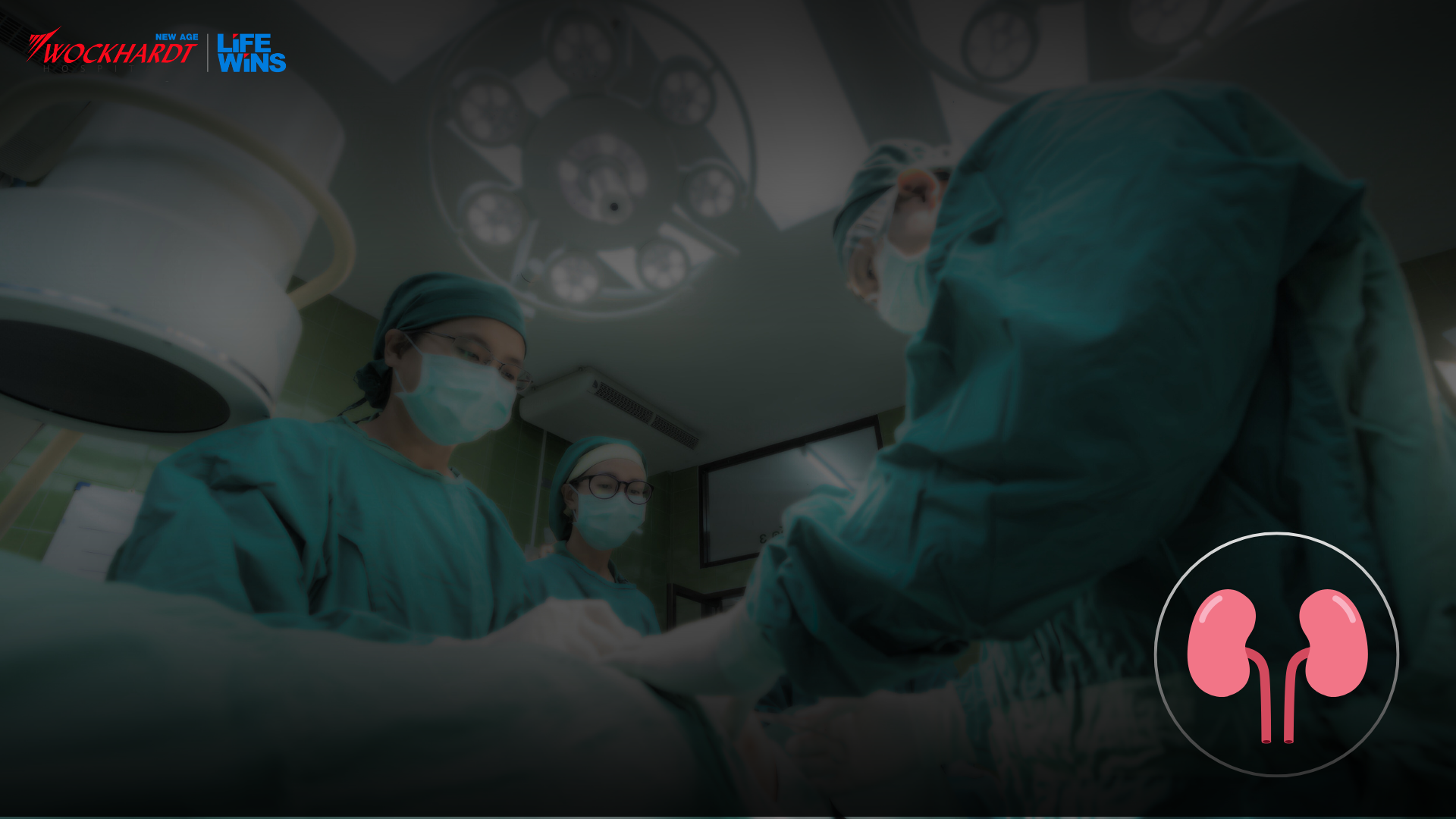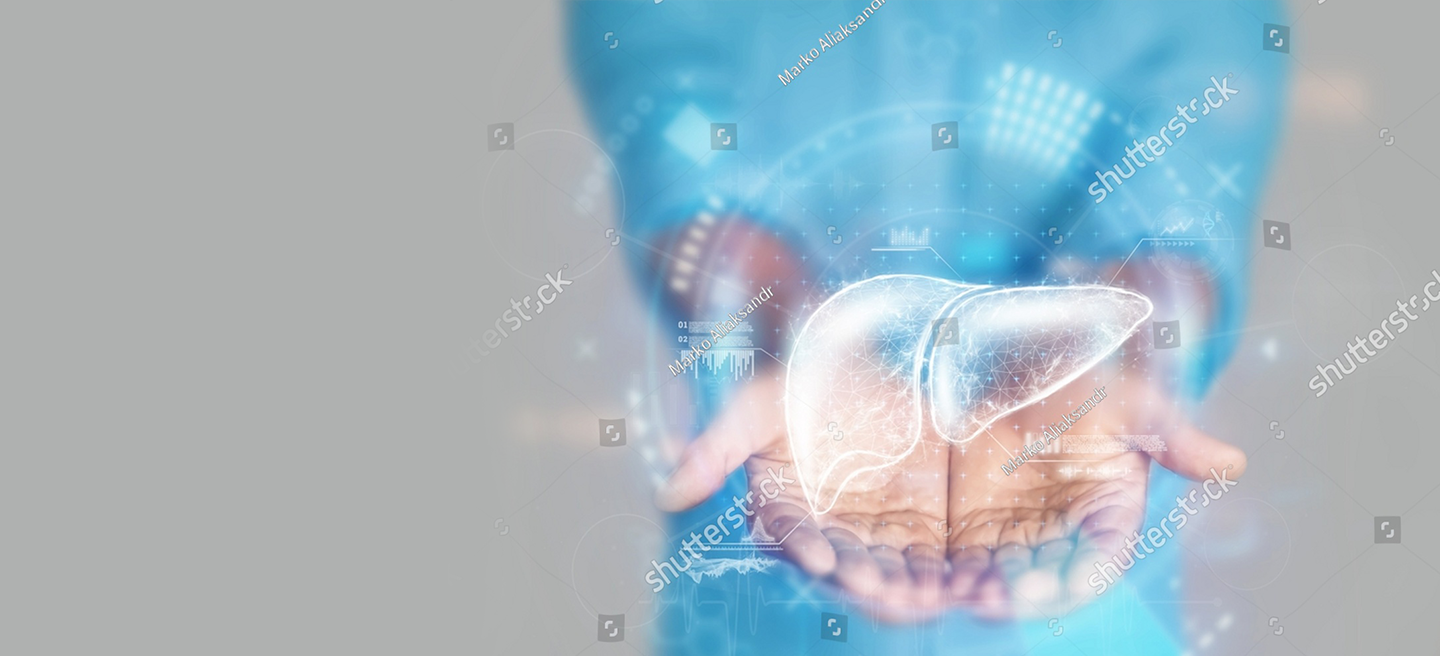Currently, there is a growing awareness surrounding kidney health. If the kidneys fail to filter the waste effectively, a situation known as kidney failure arises. When the kidneys cannot properly filter the blood, wastes accumulate in them, which upsets the balance of the chemical constituents.
Kidney failure, whether acute or chronic, varies in length, onset, and reversibility. Kidney function rapidly declines as a result of acute renal failure, which happens unexpectedly and is frequently caused by an injury or infection. Usually, it can be reversed with quick medical attention. On the other hand, chronic kidney failure occurs gradually over months or years and is frequently brought on by diseases like diabetes or high blood pressure. As irreversible damage builds up, renal function eventually declines permanently.
What is the Difference Between Acute and Chronic Kidney Failure?
Chronic kidney disease (CKD) and acute kidney injury (AKI) vary in several important ways:
|
Acute Kidney Failure |
Chronic Kidney Failure |
|
Usually brought on by a medication, disease, or trauma |
Usually brought on by a long-term sickness |
|
Kidney function declines rapidly. |
Kidney function declines gradually |
|
The symptoms appear suddenly and may be quite serious. |
Until the damage is severe, symptoms might not show up. |
|
The goal of the treatment is to address the underlying reason. |
The goal of the treatment is to manage the underlying problem. |
|
Often reversible with prompt treatment. |
Irreversible, focuses on slowing further deterioration. |
Symptoms and Causes of Acute Kidney Failure
Acute kidney failure signs and indicators might include:
- A sudden reduction in urine production.
- Urine may seem darker than usual or frothy or foamy due to excess of protein in the urine.
- Decreased kidney function results in the body accumulating fluid, which is seen as swelling. The retention of fluids is the reason for the abrupt weight increase.
- Breathing problems may arise from an accumulation of fluid in the lungs.
- Fatigue and lethargic mood.
- Feelings of helplessness and trouble concentrating.
- Vomiting and nausea.
- Abnormal heart rhythm or palpitations.
- Twitches and spasms of muscles.
- Abdominal pain or discomfort.
- Skin itching.
- In extreme circumstances, seizures or coma.
Causes of Acute Kidney Failure Include:
- Insufficient fluid intake that leads to dehydration.
- Excessive loss of fluids due to vomiting, diarrhea, or sweating.
- The kidneys may be affected by an inflammatory response brought on by severe infection.
- Kidney-damaging urinary tract infections.
- Prolonged or high-dose NSAID.
- Medications used in imaging tests, such as dyes, antibiotics, and certain chemotherapeutic medications.
- Liver dysfunction can impact blood volume and renal blood flow.
- Blood clot in the kidneys' blood vessels or Thrombosis can impede blood supply to the kidneys.
- Direct injury to the tissues of the kidneys might result from physical trauma.
- Kidney injury could arise from stones obstructing the urine system.
- Blood flow to the kidneys may be compromised by decreased cardiac output.
Symptoms and Causes of Chronic Kidney Failure
In cases where kidney damage advances slowly, signs and symptoms of chronic kidney failure gradually appear. An accumulation of fluid, bodily waste, or electrolyte imbalances can result from renal failure.
Depending on the extent, kidney function loss might result in:
- Nausea
- Weakness and exhaustion
- Vomiting
- Decreased appetite
- Unintentional weight loss
- Sleep issues
- Elevated or lowered urine production
- Impaired cognitive function
- Continuous itching
- Parched and discolored skin
- Uncontrollably high blood pressure, or hypertension
- Breathing difficulties if a buildup of fluid occurs in the lungs
- Chest discomfort in the event that fluid accumulates around the heart's lining
When a sickness or disease affects kidney function, kidney damage worsens over a period of months or years, leading to chronic kidney disease.
The following diseases and conditions can result in chronic kidney disease:
- Unregulated blood sugar levels.
- Persistently high blood pressure.
- An inflammation of the kidney's filtration units, or glomeruli, is known as glomerulonephritis.
- Kidney tubule and surrounding structural inflammation, known as interstitial nephritis.
- Kidney diseases that are hereditary, such as polycystic kidney disease.
- Inflammation of the kidney's tubules and surrounding structures.
- Extended use of nephrotoxic medications, such as NSAIDs.
- History of kidney disease in the family.
- Pyelonephritis, or recurrent kidney infection.
- Prolonged blockage of the urinary tract caused by diseases such kidney stones, enlarged prostates, and some malignancies.
Treatment of Acute Kidney Failure
Acute kidney failure usually requires hospitalization for treatment. The duration of your hospital stay depends on the cause of your acute kidney damage and the speed at which your kidneys heal. In certain situations, you may be able to recuperate at home.
The treatment of acute kidney failure focuses on addressing the underlying cause, supporting kidney function, and preventing complications. The main aspects of treatment include:
- Fluid Replacement: This involves treatments aimed at achieving a balanced blood fluid level. If dehydration is the primary cause of your acute kidney damage, your doctor may recommend intravenous (IV) fluids.
- Medications to Control Blood Potassium: Your doctor may suggest calcium, glucose, or sodium polystyrene sulfonate (Kionex) if your kidneys are not effectively filtering potassium from your blood, preventing excessive potassium levels from accumulating.
- Blood Calcium Levels: If your blood calcium levels become too low, your doctor may recommend a calcium infusion.
- Dialysis: Temporary hemodialysis, also known as dialysis, may be necessary to flush out toxins and extra fluid from your body while your kidneys heal.
You might not need to follow a particular diet once your kidneys heal, but eating healthily is still crucial.
Treatment of Chronic Kidney Failure
While there is no cure for chronic kidney disease (CKD), you can live a much longer life with healthy, working Kidneys.
- Medication Management: You may be prescribed one or more medications to control underlying conditions causing kidney failure, such as hypertension or diabetes. A doctor may recommend medication to reduce blood pressure since kidney failure and high blood pressure are connected. It's possible that you'll also require statins to reduce your cholesterol.
- Fluid Control: If you are experiencing fluid retention due to a renal disease, diuretics can help reduce swelling. Strict control of fluid intake to prevent fluid overload and maintain a balance.
- Dialysis: When your kidneys will no longer be able to eliminate waste from the human body, then a machine process known as dialysis is used. Dialysis (hemodialysis or peritoneal dialysis) is initiated at advanced stages to eliminate waste products and extra fluid from the body.
- Kidney Transplantation: Kidney transplantation is defined as the replacement of a damaged kidney with a healthy one. The two sources of kidney transplants are the living and dead donors.
- Diet: An essential component of treating renal failure is eating a healthy diet. Since eating too much protein might overwork the kidneys, cutting back on protein intake may help slow down the condition's progression.
- Regular Monitoring: Regular assessment of renal function is done by imaging investigations and blood testing. To handle new issues, routinely evaluating general health is necessary.
Conclusion
Some tips to keep kidney problems at bay. It will be imperative for you to maintain an optimum weight, exercise daily, drink enough water, eat a nutritious diet, and cut down on alcohol, smoking, and drugs. Check the blood pressure, blood sugar, and cholesterol levels as suggested by the doctor. Do not take any medication without the knowledge of the doctor and go for regular health check-ups. Follow these tips and you will surely be able to improve your quality of life.
FAQs on Difference Between Acute and Chronic Kidney Failure
Q. Can CKD be cured?
Chronic kidney failure is generally irreversible and incurable, but its progression can be slowed or managed through lifestyle changes, medications, and, in advanced cases, kidney replacement therapy like dialysis or kidney transplantation.
Q. Can CKD go back to normal?
Q. What are the 3 stages of acute kidney failure?
- Stage 1: Slight increase in serum creatinine and potential urine output changes.
- Stage 2: Moderate increase in serum creatinine, often with decreased urine output.
- Stage 3: Severe increase in serum creatinine or initiation of renal replacement therapy, indicating the most severe form of AKI.



















